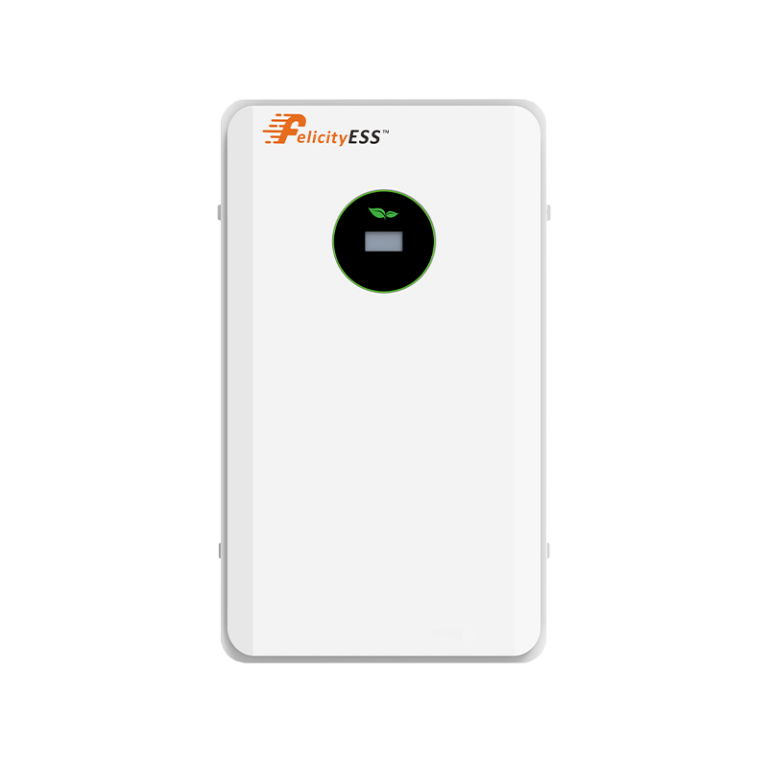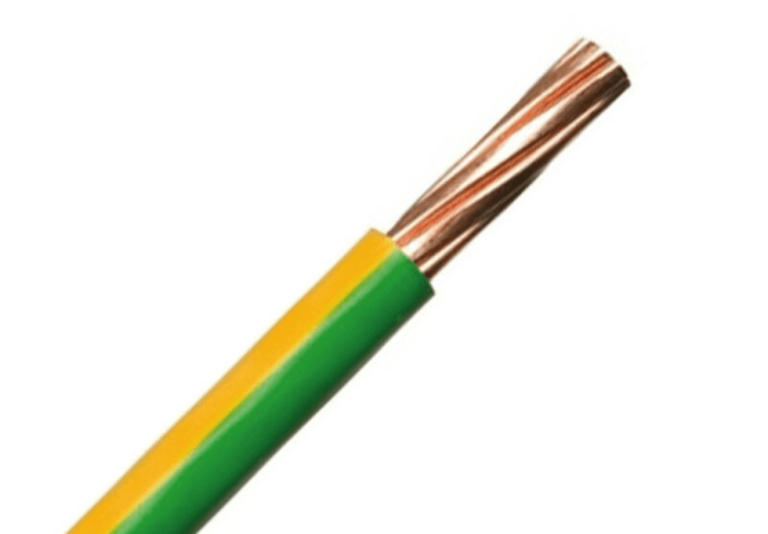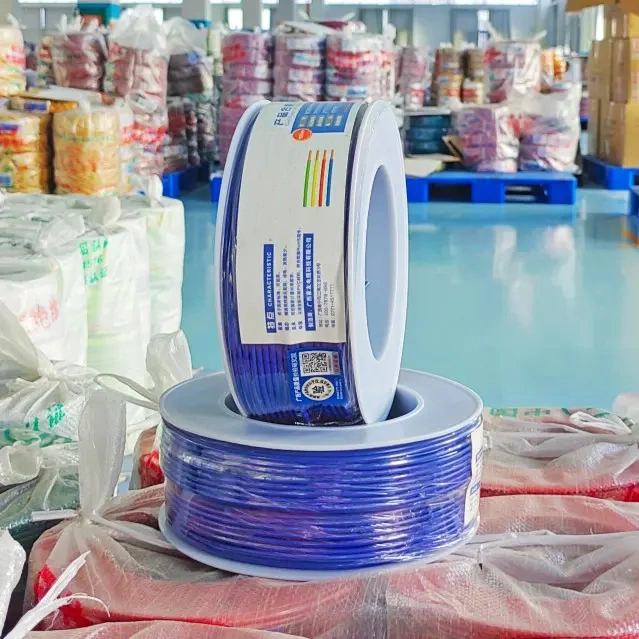目录
As the demand for sustainable energy solutions grows, BESS ESS (Battery Energy Storage System, Energy Storage System) has become an essential technology for modern power management. These advanced storage systems help optimize energy usage, enhance grid stability, and support the integration of renewable energy sources. In this article, we explore the significance of BESS ESS, its benefits, applications, and future potential.

What Is BESS ESS?
BESS ESS refers to a combination of battery energy storage systems and general energy storage solutions that store and distribute electricity efficiently. These systems use rechargeable batteries, such as lithium-ion, lead-acid, or flow batteries, to store excess energy and supply it when needed. They play a critical role in balancing energy supply and demand, reducing power fluctuations, and improving overall energy efficiency.
Key Benefits of BESS ESS
- Grid Stability and Reliability
BESS helps stabilize the power grid by providing backup energy during peak demand periods or unexpected power outages. This ensures a consistent power supply and reduces reliance on fossil fuel-based backup systems. - Integration of Renewable Energy
Renewable energy sources like solar and wind are intermittent, meaning they don’t generate power continuously. BESS stores surplus energy produced during peak generation times and releases it when demand is high, making renewable energy more reliable and accessible. - Energy Cost Savings
By using stored electricity during high-demand periods, businesses and households can reduce their reliance on expensive peak-time electricity rates. BESS enables users to optimize energy consumption and lower electricity costs. - Reducing Carbon Footprint
As more industries and governments push for carbon neutrality, BESS plays a vital role in reducing greenhouse gas emissions by promoting cleaner and more efficient energy use. These systems help decrease reliance on non-renewable energy sources, leading to a more sustainable future. - Emergency Backup Power
In case of natural disasters or power failures, BESS ESS provides a reliable emergency power source for homes, businesses, and critical infrastructure such as hospitals and data centers. This ensures continuous operation even when the main grid is down.
Applications of BESS ESS
BESS ESS is widely used across different industries and sectors:
- Residential Energy Storage: Homeowners use BESS to store solar power for nighttime or emergency use, reducing dependency on the grid.
- Commercial and Industrial Use: Businesses integrate BESS ESSto optimize energy consumption, reduce costs, and ensure uninterrupted operations.
- Utility-Scale Energy Storage: Large-scale energy storage solutions help power grids maintain stability and support renewable energy integration.
- Electric Vehicles (EVs) and Charging Stations: BESS ESS enables fast charging and supports EV infrastructure by managing energy distribution efficiently.
Future of BESS ESS
With advancements in battery technology and energy management systems, the future of BESS ESS looks promising. Innovations such as solid-state batteries, AI-driven energy optimization, and second-life battery usage are set to enhance storage capacity, efficiency, and affordability. As governments and industries prioritize clean energy solutions, BESS ESS will continue to play a crucial role in shaping a sustainable energy landscape.
Conclusion
BESS ESS is revolutionizing the way energy is stored and used, offering a reliable, cost-effective, and sustainable solution for power management. By supporting renewable energy, reducing costs, and enhancing grid stability, BESS ESS is paving the way for a greener future. As technology evolves, its role in energy transformation will become even more significant, making it a key component of the modern energy ecosystem.
0










